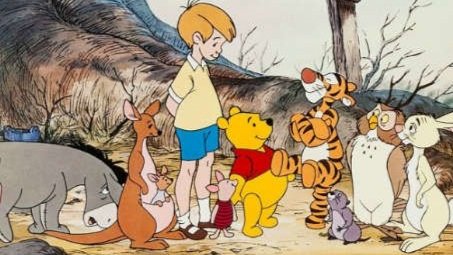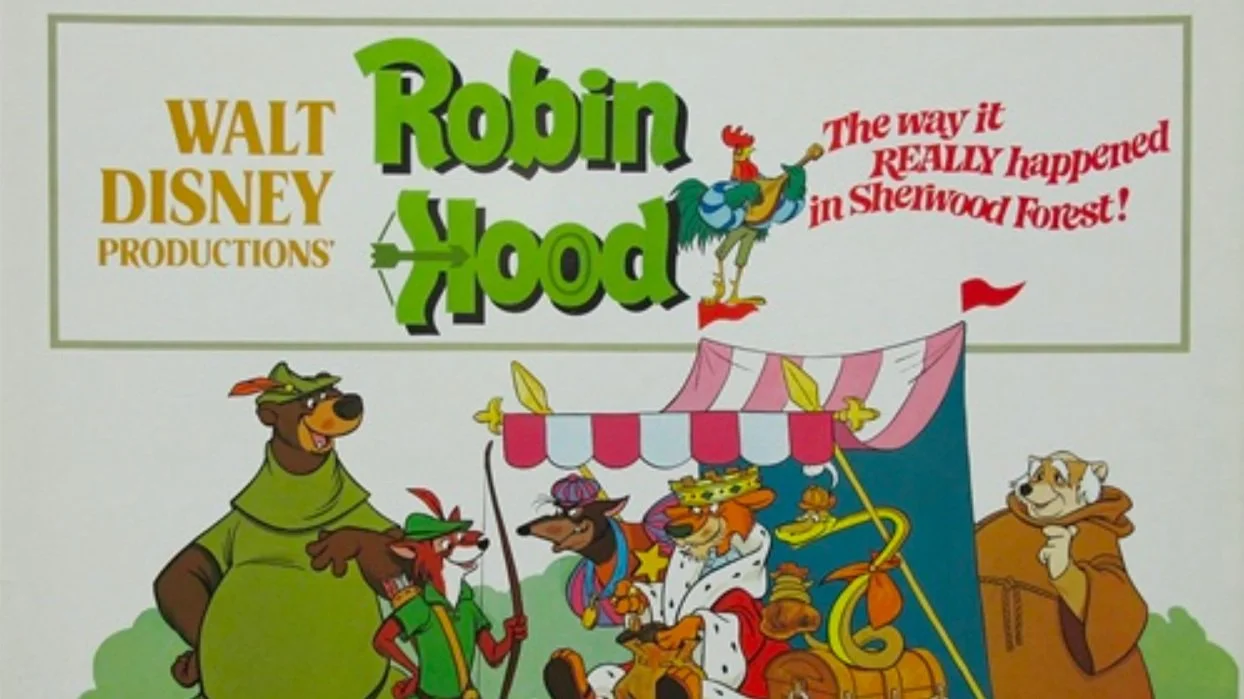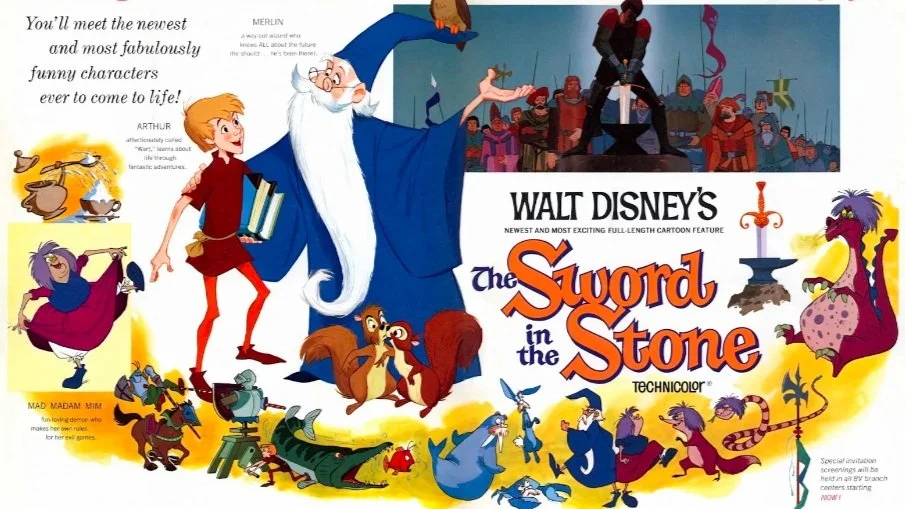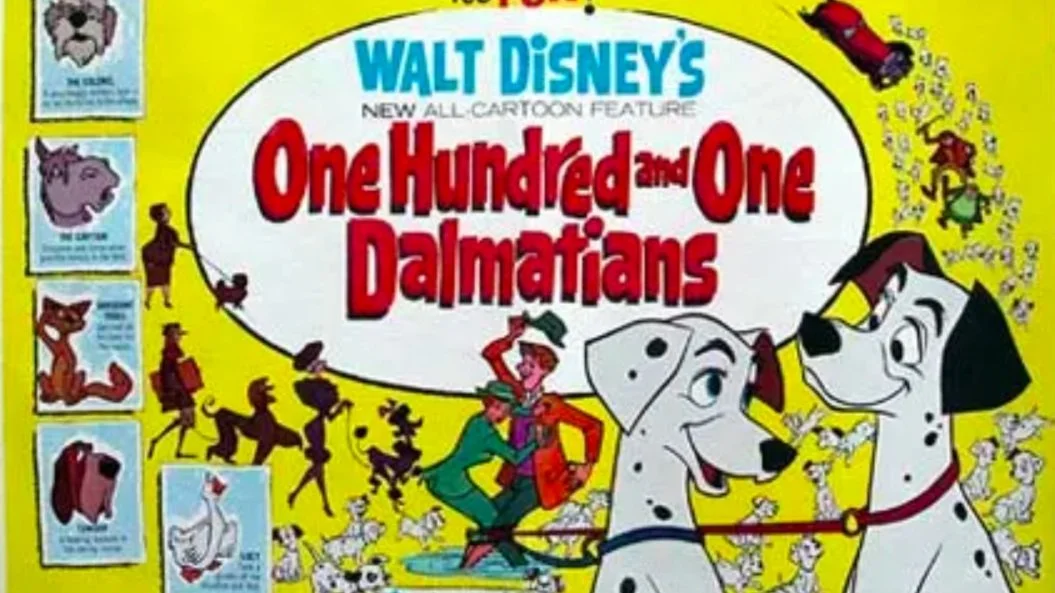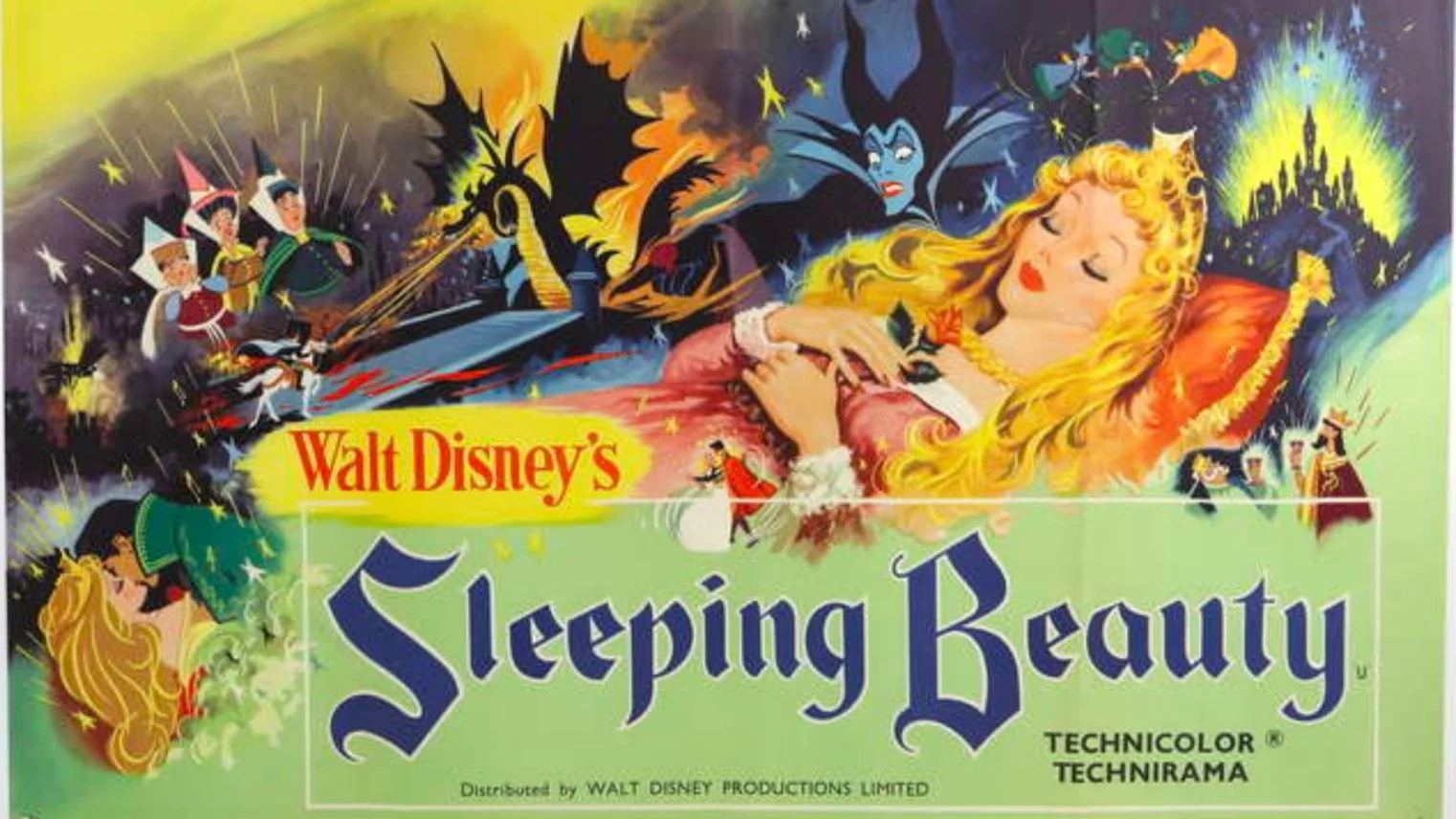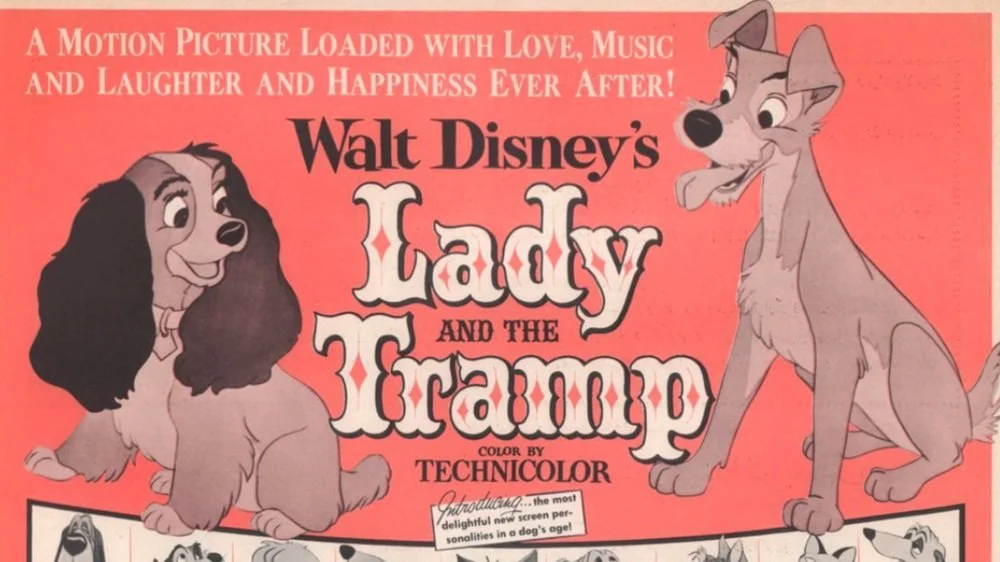On Screen Projection: Kill Bill
With the release of John Wick: Chapter 3 – Parabellum, On Screen Projection has been spending a lot of time thinking about revenge; what it does to us and the reasons behind it. In order to look closer at this, luckily many examples exist. There are no shortage of films which focus on this theme. After all, what is more empowering than following our protagonist go on a blood-soaked rampage to right a wrong. And that is certainly what fans of John Wick have received over the three films in the series. But that is a very simplistic revenge story. Revenge is nothing if not complex, which is why I searched for a film that matched that complexity.
“Revenge is never a straight line. It’s a forest, and like a forest it’s easy to lose your way, to get lost, to forget where you came in.”
This line, uttered by Hattori Hanzo (Sonny Chiba), while debating his own involvement in the bloody revenge in Quentin Tarantino’s Kill Bill certainly personifies the complicated nature of revenge. And this line may be the most important piece of dialogue in how Tarantino thinks about revenge. In Kill Bill it would be easy to eschew his usual out-of-step-with-time stylistic choices. After all, isn’t a revenge plot straight forward? The Bride (Uma Thurman) is almost killed while pregnant, put in a coma, and, when awake, makes it her life’s mission to punish those responsible. But sadly, it is not that simple. This is why Tarantino being forced to divide this bloody tale into two volumes is strangely effective. Volume 1 is bloody, raw, and straightforward. In comparison, Volume 2 is mostly a Bride origin story and a family drama. For this reason, even the opening line of the first volume alters in our memories.
“Do you find me sadistic? You know, I’ll bet I could fry an egg on your head right now if I wanted to. No, Kiddo, I’d like to believe you’re aware enough, even now, to know there’s nothing sadistic in my actions. Maybe towards those other jokers, but not you. No, Kiddo, this moment, this is me at my most masochistic.”
Upon first watch, Bill (David Carradine) is pure, unadulterated evil and there is no reason to believe his words. This does indeed feel like the actions of a sadist, monologuing to a dying, pregnant woman to make himself feel better. But I challenge you to rewatch this after seeing his interactions with The Bride and their child B.B. (Perla Haney-Jardine). This is a terrible man who, in his own twisted way, loves his family very much and is truly heartbroken. Don’t get me wrong, he deserved everything he got, but this world of violent killers is never black and white. But let’s examine revenge.
Within the psychological research, revenge is defined as an action that is provoked by a wrong. This is in order to separate it from simple aggression, but, boy, does this give a lot of leeway. How wrong does a wrong have to be? In the case of Kill Bill, the wrong is so excessive that this discussion becomes simple and something worth rooting for. Additionally, I think we expect that once the revenge has been taken, that we will feel better afterwards. But, not so fast. In most studies on revenge, the opposite has been shown to be true. It is not simply that the revenge takers do not immediately feel better, but rather they tend to think about the transgressor and the transgression even more often. These studies have shown a mild positive effect at the moment of revenge, but this quickly fades. There is no inherent reward to revenge (keep this point in mind because we will return to it for The Bride).
The research also shows that certain types of people are more likely to seek revenge, as opposed to standard justice. Those two groups are those high in narcissism and those high in neuroticism. The narcissists should not be much of a surprise. That type of self-focus lends to a sense of control and unwillingness to bend, which is needed for most other types of justice. On the other hand, neuroticism is a bit more complicated. People who are high in neuroticism tend to have trouble setting goals (and achieving them) due to an enormous amount of self-critical thought. This may seem antithetical to revenge, but these people according to studies actually tend to hold grudges even longer than the narcissists. This revenge-taking behavior may be a way to modulate the inability to manage their own negative emotions.
So, there is no reward for revenge in most of these movies (and in real life), except for maybe the mild reward of getting to finally rest. Except in the case of Kill Bill, because it is revealed at the end of Volume 1 that her child is still alive. A brilliant stroke by the way, because it serves to give the audience hope without revealing this to our protagonist. Most importantly, this reward ends up feeling earned before she ever knows it is a possibility. This brings us to a comparison of The Bride to many of the other characters, excluding Bill. There is a certain glee that many others take in killing that she does not. The Bride is out for a very specific purpose, and she will do terrible things for that purpose, but not because it is enjoyable. Contrast this with many other characters that she comes up against. Vernita Green (Vivica A. Fox) openly taunts her and only has moments of relenting when she uses her own daughter as an emotional shield. O-Ren Ishii (Lucy Liu) happily uses her subordinates as a literal shield. These include her most trusted confidante Sofie Fatale (Julie Dreyfus) and her protégé Gogo Yubari (Chiaki Kuriyama). Gogo, in particular, is a perfect foil for The Bride’s actions. Gogo’s purpose is pure violence and enjoyment of the sport of killing. The Bride even tries to reason with her and only kills her because she is standing in the way of her ultimate goal. Among those The Bride is crossing off her list, the most brutal example is probably Elle “California Mountain Snake” Driver (Daryl Hannah). She has none of the honor of The Bride and is even willing to poison her while she is in a coma in order to get rid of her. She is only stopped from this by her connection to the snake charmer, Bill. Elle certainly gets her comeuppance, and then some, but this is also earned not only because of her actions towards The Bride, but also because of her lack of honor throughout her backstory. RIP Pai Mei, you miserable old fool.
“That woman deserves her revenge and we deserve to die.”
Bill, and arguably his redneck brother Budd (Michael Madsen), are the only ones on her list that understand The Bride’s mission and why she deserves an honorable attempt at her revenge. After all, Bill understands The Bride, at least pre-pregnancy. His long speech about Superman and Clark Kent shows a deep understanding of how a killer would need to operate in the world. But, despite his obvious love for The Bride and their child, he fails to understand how altered she has become. The Bride’s desire to keep her child safe overrides absolutely everything. Money, power, an established life, all of it. And Bill, whether he is a sadist or a masochist, ripped that away from her. Yes, he was heartbroken. Yes, she wounded him deeply. But nothing she could have done explains away his actions. The Bride deserves her revenge and we should be happy that she got it. But, of course, that is not all she gets. She gets her daughter back, a rarity in these types of films. John Wick is not getting his wife back. The Crow’s Eric Draven isn’t either. These protagonists must lose everything first. And The Bride thought she did, which is probably why she could unleash in the pure way that she did. Being a mother and adjusting to a life will certainly be difficult for her, but she deserves the opportunity. And like the research shows us, it is likely that her thoughts will constantly return to Bill and all that she has done. But this is the price she has paid for her revenge, and for B.B. I think The Bride would call this a fair trade.
“But once that strip turned blue, I could no longer do any of those things, not anymore. Because I was gonna be a mother.”






